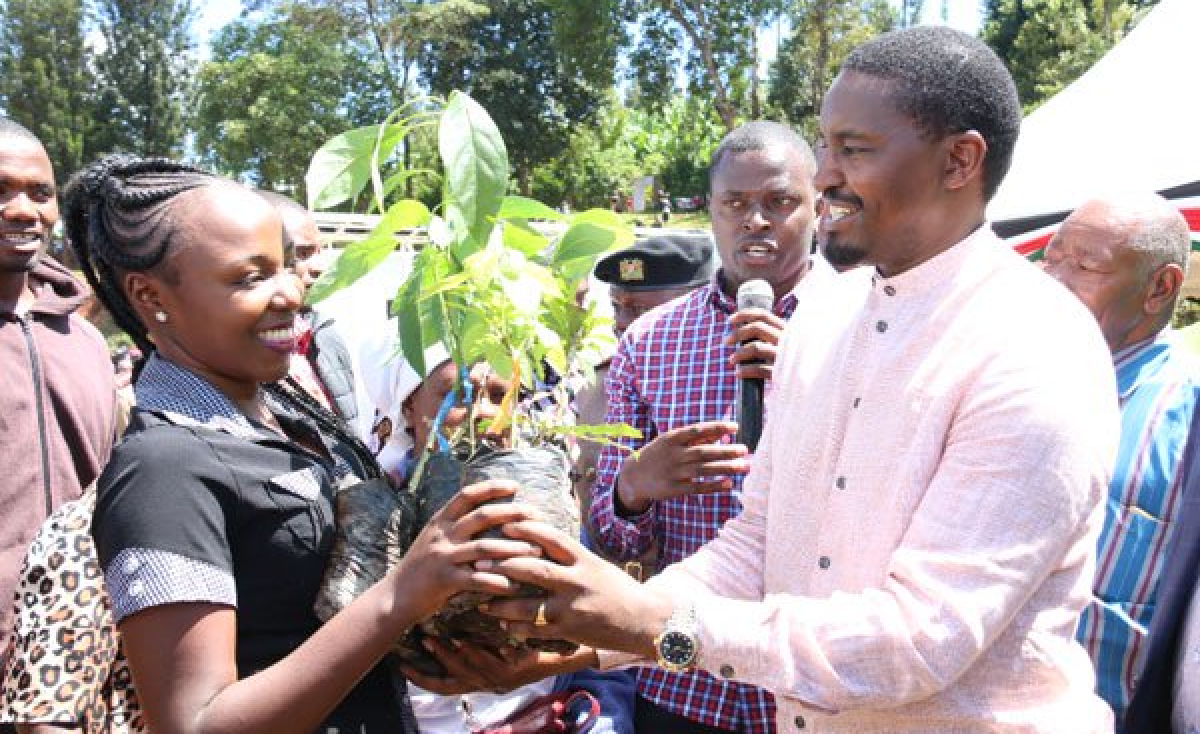P2-P2RS
The Project 2 of the Programme to Strengthen Food and Nutrition Insecurity in the Sahel (P2-P2RS) is a USD17.75 million project co-funded with a USD16.5 million grant from the African Development Fund(ADF) and an in kind Government Counterpart Contribution of USD 1.250 Million.
Project Objectives
The primary objective is to contribute to improving living conditions and food and nutrition security of the populations in the Sahel and West Africa. It aims to: (i) sustainably increase productivity and agricultural, silvicultural and pastoral production; (ii) increase income from agricultural, silvicultural, pastoral and fisheries value chains; and (iii) build the adaptive capacity of populations through better control of climate risks and contribute to climate change mitigation.
Priority Value Chains
-
- Maize
- Rice
- Fonio/Findi
- Vegetable garden
- Small ruminant (sheep and goat farming)
- Water irrigation infrastructure
Project Components
The project consists of the following four components:
- Strengthening the resilience to climate change of agro-sylvo-pastoral production
- Development of agro-sylvo-pastoral and fisheries value chains
- Building adaptive capacity for climate change
- Programme coordination and management
Intervention Sites and Project Beneficiaries
The project will intervene in 19 Districts across 4 out of the 7 Agricultural regions of The Gambia based on the vulnerability to food insecurity and the degree of land degradation. Nineteen (19) districts are bein targeted. The project is designed to directly benefit at least 67,200 people across its intervention sites. These are the most vulnerable households, in particular small-scale producers, herders and agro pastoralists.
Project Partnerships
The Ministry of Agriculture, Livestock and Food Security (MoALFS) is responsible for the oversight of the Project. The Project Implementation Unit (PIU) is responsible for the day–to-day operations of the project. The PIU will be supported by a centralized staff at the CPCU for effective delivery including P2-P2RS contribution to the sector outcomes/programme objectives and goals. The PIU is headed by an Operations Director (OD) who reports to the CPCU Coordinator (PC) as part of an overall coordination framework for the MoALFS. The PC serves as the secretary to the Project Steering Committee (PSC) chaired by the Permanent Secretary MoALFS.
Key technical departments including 8 Agriculture Directorates, Forestry Department, Department of Parks and Wildlife, National Nutrition Agency, the Department of Water Resources are direct beneficiaries as well. The project will collaborate with NGOs based around the project sites, grassroots, and professional organizations who will be indirect beneficiaries as well.
Alignment with other national, sub-regional, Regional and Global Initiatives
The project is fully aligned to the National Development Plan and other regional and globally initiatives. It is part of the agenda for the resilience of populations in the Sahel. Furthermore, it is strongly consistent with the African Development Bank's 10-year strategic framework on Climate Change and Green Growth (2021-2030), and countries' nationally determined contributions (NDCs) on promoting climate-resilient and low-carbon agricultural systems and practices.
Also, the project will contribute to strengthening of regional integration by targeting cross-border areas and enabling CILSS countries to jointly address some regional security issues. This will have the impact of raising the socioeconomic level of the population, and the sustainable management of natural resources and the environment, through the implementation of low-carbon development and infrastructure. Gender will be taken into account in all project operations. The rice production and the gardening programme target mainly women. The mechanization support will help reduce drudgery on women in the rice field.
Poverty Reduction, Inclusion and Job Creation
P2-P2RS will directly address food and nutrition insecurity, which is one of the main drivers of poverty in the Sahel, through its integration with support for individual initiatives of youth from vulnerable households and women by strengthening their socioeconomic empowerment; this is a relevant and effective means of addressing household poverty. Investments in food and nutrition security will alleviate poverty and help prevent conflict. Conflict can be a source of food insecurity and hunger, while hunger and food insecurity can also generate conflict and violence. Conflict exacerbates the vulnerability of poor people, forcing them from their homes and depleting their assets. By strengthening food and nutrition security in the Sahel, the P2-P2RS will produce dividends such as peace and security in the region which is very vital for sustainable development. Through the concrete actions planned in the first two country components, the project will build socioeconomic, agricultural, silvicultural, pastoral infrastructure and finance facilities to restore the productivity of agricultural land, and implement value chain development mechanisms including entrepreneurship promotion. The entrepreneurship programme will also include capacity building designed exclusively for youth. The project will contribute to the achievement of SDGs 1, 2, 5, 8 and 13.


